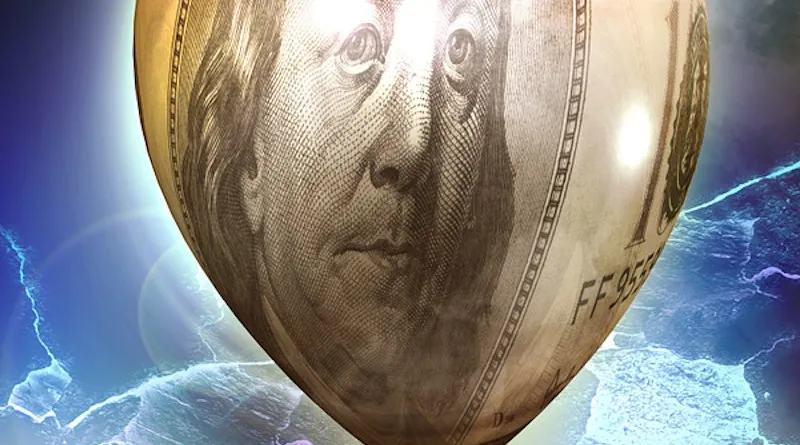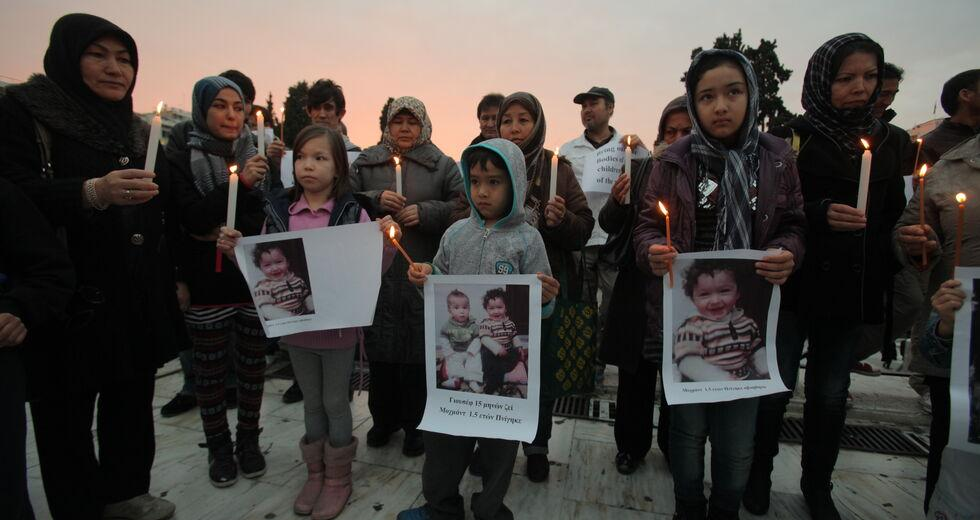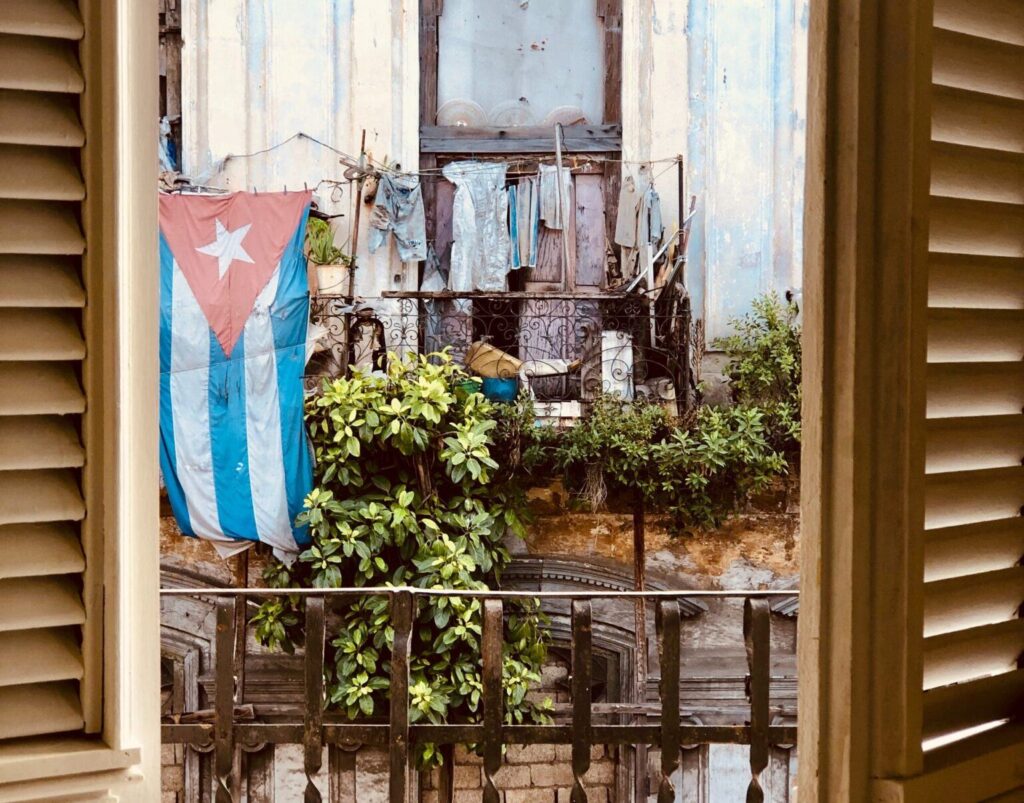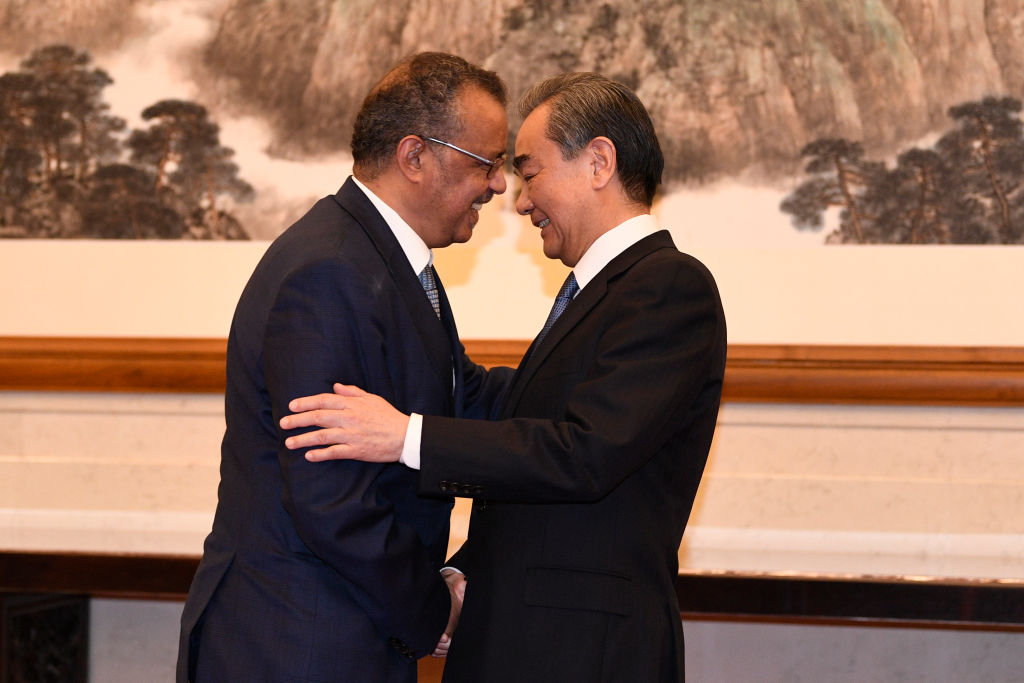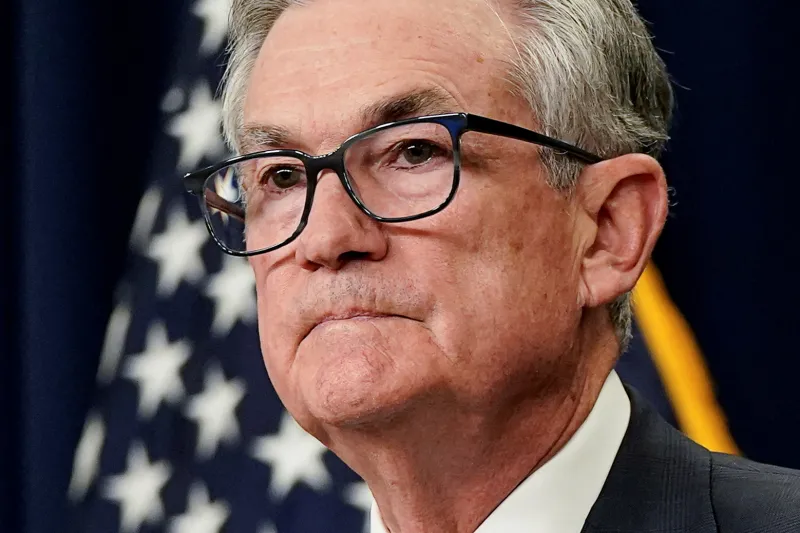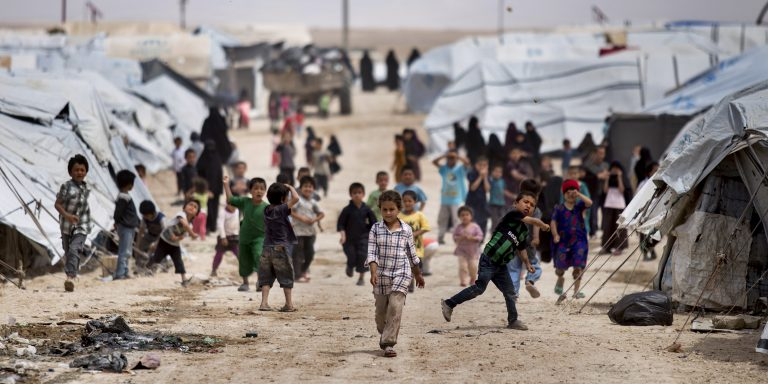Reflections On The Mediterranean Region – Analysis
The Mediterranean region in question
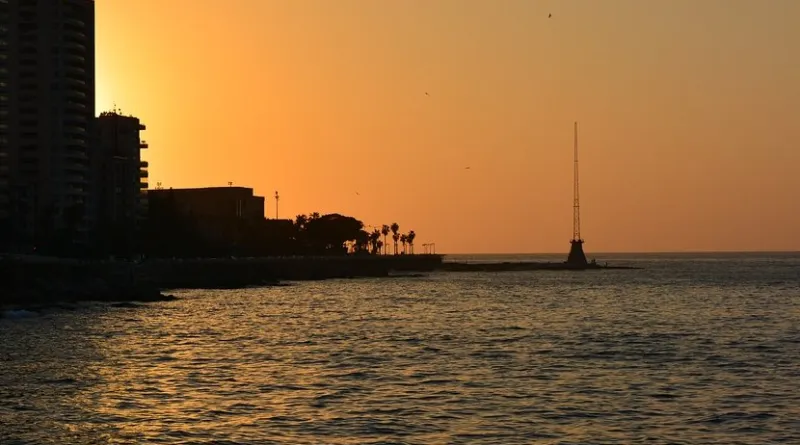
The Mediterranean is etymologically the “sea in the middle of the land“. (1) The Romans called it Mare Magnum (‘Great Sea’) or Mare Internum (‘Internal Sea’) and, starting with the Roman Empire, Mare Nostrum (‘Our Sea’). The term Mare Mediterrāneum appears later in the work of Gaius Julius Solinus in the 3rd century, (2) but the earliest extant witness to it is in the 6th century, in Isidore of Seville. (3)

